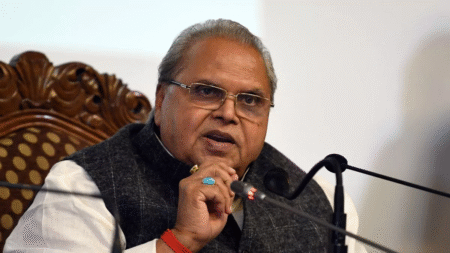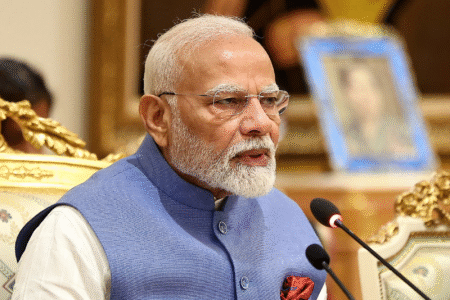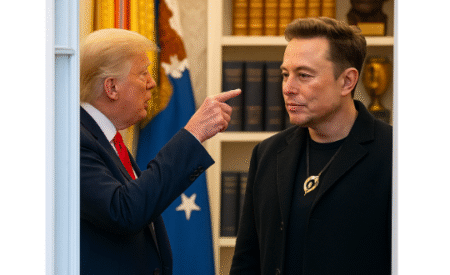In recent weeks, international tensions have surged between Canada and India, fueled by a controversy surrounding the killing of a Sikh activist on Canadian soil. The issue has not only strained diplomatic relations but has also sparked wider discussions about foreign influence, national sovereignty, and the complexities of modern geopolitics.

In Short
Reason of the international tensions
The tensions escalated after Canadian Prime Minister Justin Trudeau voiced suspicions of potential Indian government involvement in the death of Hardeep Singh Nijjar, a Sikh activist and vocal supporter of an independent Sikh state. Nijjar, known for his stance on Sikh sovereignty, was killed in June 2024 in British Columbia. Canada’s statements on possible Indian connections to the incident have been met with strong denials from Indian authorities, who claim any such allegations are “baseless” and aimed at disrupting bilateral relations.
Canada’s Stance on the Matter
Canada’s government has underscored the importance of investigating the incident thoroughly, emphasizing its commitment to transparency and accountability. Trudeau’s administration has insisted on ensuring that justice is served, maintaining that the safety and freedom of expression of all Canadians are paramount. This stance has resonated within Canada, where freedom of speech and political advocacy are protected rights, especially among diaspora communities.
Also Read : Manchester United Parts Ways with Erik ten Hag After West Ham DefeatIndia’s Rebuttal and Concerns
The Indian government, meanwhile, has dismissed Canada’s claims as unfounded. Officials in New Delhi have urged Canada to produce credible evidence rather than making what they describe as inflammatory accusations. They argue that such statements risk damaging the long-standing relationship between the two countries, which spans trade, education, and cultural exchanges. Additionally, India has raised concerns about Canada’s handling of individuals advocating separatist agendas, viewing it as an internal security threat.
Implications for International Relations
This diplomatic row extends beyond Canada and India, drawing attention from the global community. Other nations are watching closely, as the situation may influence policies related to foreign interventions and the treatment of diaspora communities. With India being a major global player in technology, trade, and international relations, many allies are concerned about the potential impact on broader international cooperation.
Path Forward: Potential Resolutions and Diplomacy
Both Canada and India have expressed a desire to resolve the situation amicably, but achieving this may require careful diplomacy. Analysts suggest that transparent communication, backed by evidence, could help ease the current strain. Diplomatic experts emphasize the need for both sides to work collaboratively to avoid further escalation and ensure a stable relationship moving forward.
Conclusion
The current episode between Canada and India serves as a reminder of the complex challenges nations face in navigating international tensions in an interconnected world. While the path forward remains uncertain, ongoing dialogue and mutual respect for each country’s laws and sovereignty may prove essential in restoring relations.
- How to Stay Healthy During Flu Essential Tips for Every Family
- Satyapal Malik Death on 5 Aug 2025: Political Legacy That Shaped Indian Public Life
- Growing Legionnaires’ Disease Outbreak in NYC’s Harlem Claims Two Lives, Sickens Over 58
- Non-Alcoholic Drink Beer: fresh Alternative with a Unique Appeal
- Meet the Harley-Davidson X440: The Ultimate Desi Roadster
- OnePlus Pad 3: The Android Tablet That Wants Your Laptop’s Job













